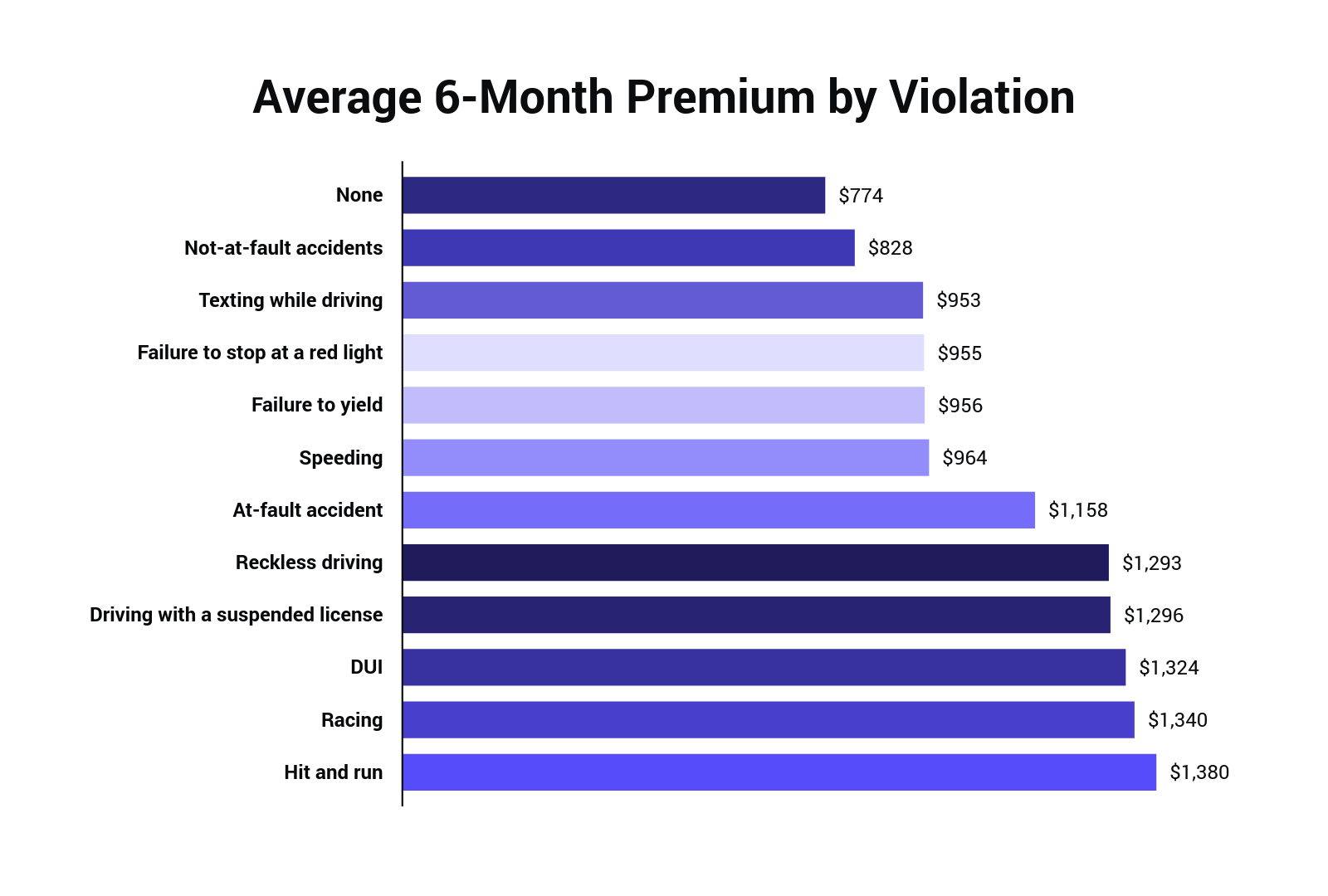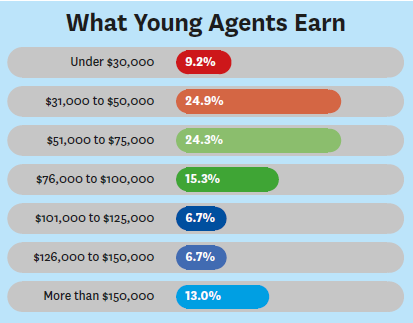A life insurance coverage policy is a contract with an insurance company. In exchange for premium payments, the insurer provides a lump-sum payment, referred to as a death advantage, to recipients upon the insured's death. Normally, life insurance is picked based upon the requirements and objectives of the owner. Term life insurance typically offers defense for a set time period, while permanent insurance, such as whole and universal life, provides lifetime coverage.
1 There are numerous varieties of life insurance coverage. A few of the more typical types are gone over below. Term life insurance is developed to supply monetary defense for a particular duration of time, such as 10 or twenty years. With traditional term insurance, the exceptional payment amount remains the same for the protection period you pick.
Term life insurance is generally more economical than irreversible life insurance coverage. Term life insurance earnings can be used to replace lost potential income throughout working years. This can offer a safety net for your beneficiaries and can likewise help make sure the family's financial goals will still be metgoals like paying off a mortgage, keeping a service running, and paying for college.
Universal life insurance coverage is a kind of long-term Learn more here life insurance developed to provide lifetime protection. Unlike entire life insurance coverage, universal life insurance coverage policies are flexible and might allow you to Click here raise or reduce your premium payment or protection amounts throughout your life time. Additionally, due to its lifetime protection, universal life typically has higher premium payments than term.
All about What Is Life Insurance Used For
Another common use is long term earnings replacement, where the need extends beyond working years. Some universal life insurance product develops concentrate on providing both survivor benefit protection and structure money worth while others concentrate on providing guaranteed death benefit coverage. Entire life insurance is a kind of permanent life insurance designed to provide lifetime coverage.

Policy premium payments are normally repaired, and, unlike term, whole life has a cash value, which functions as a savings element and might collect tax-deferred gradually. Entire life can be utilized as an estate preparation tool to assist preserve the wealth you prepare to transfer to your beneficiaries. Income replacement throughout working years Wealth transfer, earnings protection and some designs concentrate on tax-deferred wealth build-up Wealth transfer, conservation and, tax-deferred wealth build-up Designed for a particular period (usually a number of years) Versatile; usually, for a life time For a lifetime Generally cheaper than irreversible Normally more costly than term Typically more pricey than term Normally repaired Flexible Generally fixed Yes, generally earnings tax-free Yes, usually income tax-free Yes, usually income tax-free No No2 No No Yes Yes Yes, Fidelity Term Life Insurance3 Yes, Universal Life Insurance coverage, mainly focused on death benefit security No, standard Whole Life Insurance coverage is not currently provided Insurance companies utilize rate classes, or risk-related classifications, to identify your premium payments; these categories don't, nevertheless, impact the length or amount of coverage.
Tobacco usage, for instance, would increase threat and, for that reason trigger your premium payment to be greater than that of somebody who doesn't utilize tobacco.
Life insurance is a contract between an insurance company and an insurance policy holder in which the insurance provider warranties payment of a death benefit to called beneficiaries when the insured passes away. The insurance provider promises a death benefit in exchange for premiums paid by the policyholder. Life insurance is a legally binding contract.
The smart Trick of How To Find Out If Someone Has Life Insurance That Nobody is Talking About

For a life insurance policy to remain in force, the policyholder must pay a single premium up front or pay regular premiums gradually. When the insured passes away, the policy's named beneficiaries will receive the policy's face value, or survivor benefit. Term life insurance policies end after a specific variety of years.
A life insurance coverage policy is just as great as the monetary strength of the company that releases it. State warranty funds may pay claims if the issuer can't. Life insurance coverage offers monetary support to enduring dependents or other beneficiaries after the death of a guaranteed (what is the difference between whole life and term life insurance). Here are some examples of individuals who may require life insurance coverage: If a moms and dad passes away, the loss of his/her earnings or caregiving skills might produce a monetary challenge.
For kids who require long-lasting care and will never ever be self-dependent, life insurance can make sure their requirements will be met after their moms and dads die. The death benefit can be used to money a special requirements trust that a fiduciary will handle for the adult child's benefit. a whole life insurance policy endows when the. Married or not, if the death of one adult would mean that the other could no longer pay for loan payments, maintenance, and taxes on the home, life insurance coverage might be an excellent concept.
Numerous adult kids compromise by taking some time off work to care for an elderly parent who needs aid. This assistance may likewise consist of direct financial backing. Life insurance coverage can help repay the adult child's costs when the parent passes away. Young person without dependents seldom need life insurance coverage, however if a moms and dad will be on the hook for a child's debt after his or her death, the kid might desire to bring sufficient life insurance coverage to pay off that financial obligation.
The smart Trick of Which Of The Following Best Describes Term Life Insurance That Nobody is Discussing
A 20-something adult might purchase a policy even without having dependents if there is an expectation to have them in the future. Life insurance can offer funds to cover the taxes and keep the complete worth of the estate undamaged.' A little life insurance policy can supply funds to honor a loved one's passing.
Rather of selecting between a pension payout that provides a spousal advantage and one that doesn't, pensioners can select to accept their full pension and use some of the money to purchase life insurance to benefit their partner. This method is called pension maximization. A life insurance coverage policy can has two primary components - a survivor benefit and a premium.
The death benefit or face value is the amount of money the insurer guarantees to the beneficiaries identified in the policy when the insured dies - what is voluntary life insurance. The guaranteed may be a moms and dad, and the recipients may be their children, for instance. The insured will select the wanted death benefit amount based upon the recipients' projected future needs.
Premiums are the money the insurance policy holder spends for insurance coverage. The insurance provider must pay the death advantage when the insured passes away if the policyholder pays the premiums as required, and premiums are determined in part by how most likely it is that the insurance company will have to pay the policy's survivor benefit based upon the insured's life span.
How Many Life Insurance Policies Can You Have for Beginners
Part of the premium also goes towards the insurance coverage business's operating expenses. Premiums are higher on policies with larger death advantages, individuals who are higher danger, and permanent policies that build http://travistnic890.cavandoragh.org/what-is-a-corridor-in-relation-to-a-universal-life-insurance-policy-things-to-know-before-you-get-this up money worth. The cash value of long-term life insurance coverage serves two functions. It is a savings account that the policyholder can utilize during the life of the guaranteed; the money accumulates on a tax-deferred basis.
For instance, the insurance policy holder might secure a loan versus the policy's money value and have to pay interest on the loan principal. The policyholder can likewise use the money worth to pay premiums or purchase additional insurance. The cash worth is a living advantage that stays with the insurer when the insured dies.